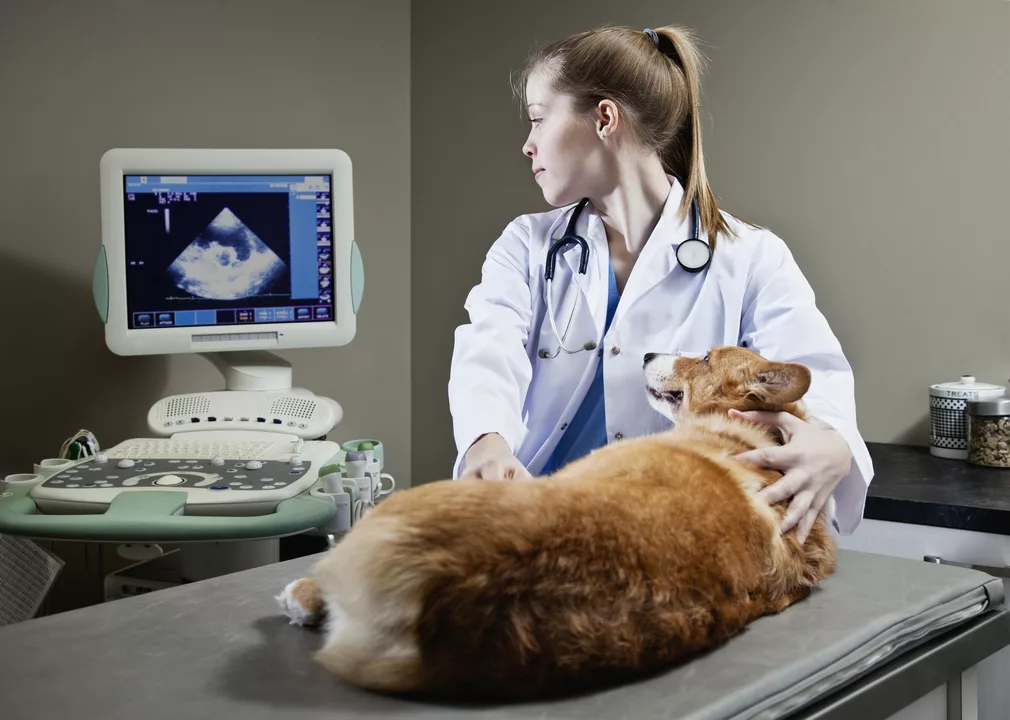Veterinary Medicine: Practical Advice for Pet Medications and Care
Did you know many human medicines can be dangerous to pets? On this tag page you'll find clear, useful articles about veterinary medicine — how common drugs work for animals, how to use them safely, and where to find trusted sources. No jargon, just practical steps you can use today.
Quick safety rules
Always get a vet's diagnosis before giving medication. Dosing depends on species, weight, age and health status — a tablet dose for a 70 kg person could harm a 7 kg dog. Read labels, follow the vet's instructions, and use proper measuring tools for liquids. Never guess a dose.
Be careful with leftovers and human prescriptions. Pain relievers like ibuprofen and acetaminophen are common human drugs that can cause serious harm to cats and dogs. Antibiotics and antiparasitics are common in animal care, but they must match the infection and the species. If symptoms persist after treatment, contact your veterinarian rather than increasing the dose yourself.
Where to look and what to expect
When buying pet drugs online, choose pharmacies that require a prescription and show clear contact info. Look for company reviews, verified credentials, and secure checkout. Avoid sites that sell prescription-only drugs without asking for a vet's prescription. Delivery info, batch numbers, and storage instructions are good signs.
Understand common drug groups: antibiotics (for bacterial infections), NSAIDs (for pain and inflammation), antiparasitics (fleas, ticks, worms), and sedatives or anesthetics for procedures. Each group has species-specific brands and doses — a vet prescribes the right option. Vaccines are another key area; schedules differ by species and lifestyle.
Storage matters. Keep meds in original containers, store at recommended temperatures, and keep them out of reach of children and pets. Dispose of expired or unused medications safely — many pharmacies offer take-back options. Never share medication between pets without veterinary advice.
Recognize red flags: sudden weakness, drooling, vomiting, seizures, severe diarrhea, breathing trouble, or dramatic behavior changes after giving a drug. These signs need emergency attention. Your vet can tell you whether symptoms are drug reactions, worsening illness, or other problems.
This tag collects guides about buying medications, safe dosing tips, drug alternatives, and plain-language explanations of how treatments work. If you want step-by-step how-tos or reviews of online sources, check the linked articles. Use them to ask better questions at the vet and to keep your pet safe and comfortable.
Explore the posts under this tag to get practical help on specific drugs, alternatives, and safety checks. If something in an article doesn’t match your pet's situation, call your vet — online info complements but does not replace professional veterinary care.

